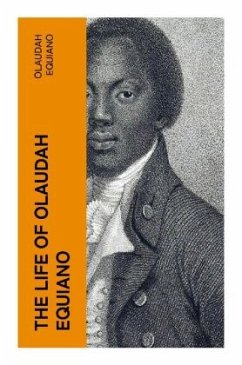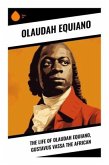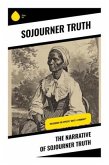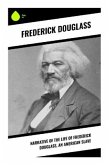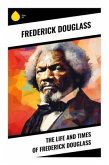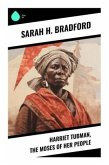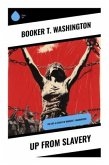In "The Life of Olaudah Equiano," Olaudah Equiano presents a compelling narrative that intricately blends autobiography with a fervent critique of slavery. Written in the 18th century, this work is notable for its direct and passionate prose that not only chronicles Equiano's personal experiences-from his kidnapping in West Africa to his life as a freedman in England-but also exposes the brutal realities of the transatlantic slave trade. Employing a rich, descriptive literary style that captures his cultural heritage and struggles, Equiano's narrative serves as both a personal testament and a powerful political instrument advocating for abolition in a time when the morality of slavery was hotly debated. Olaudah Equiano, born in 1745 in what is now Nigeria, was a prominent figure in the abolitionist movement whose firsthand experiences rendered him a compelling voice against the injustices of slavery. His background as a member of the Igbo community, coupled with his intimate knowledge of the slave system gained during his time at sea and in Britain, imbued his writing with authenticity. Equiano's advocacy was influenced by Enlightenment ideals and his conversion to Christianity, which shaped his moral framework and commitment to social justice. This essential work is recommended for readers seeking a profound understanding of the historical and personal dimensions of slavery. Equiano's eloquent storytelling not only enriches our understanding of an important era but also invites contemporary reflections on the ongoing struggle for human rights. "The Life of Olaudah Equiano" remains a pivotal text for scholars, students, and anyone interested in the profound impact of literature as a force for social change.
Bitte wählen Sie Ihr Anliegen aus.
Rechnungen
Retourenschein anfordern
Bestellstatus
Storno

